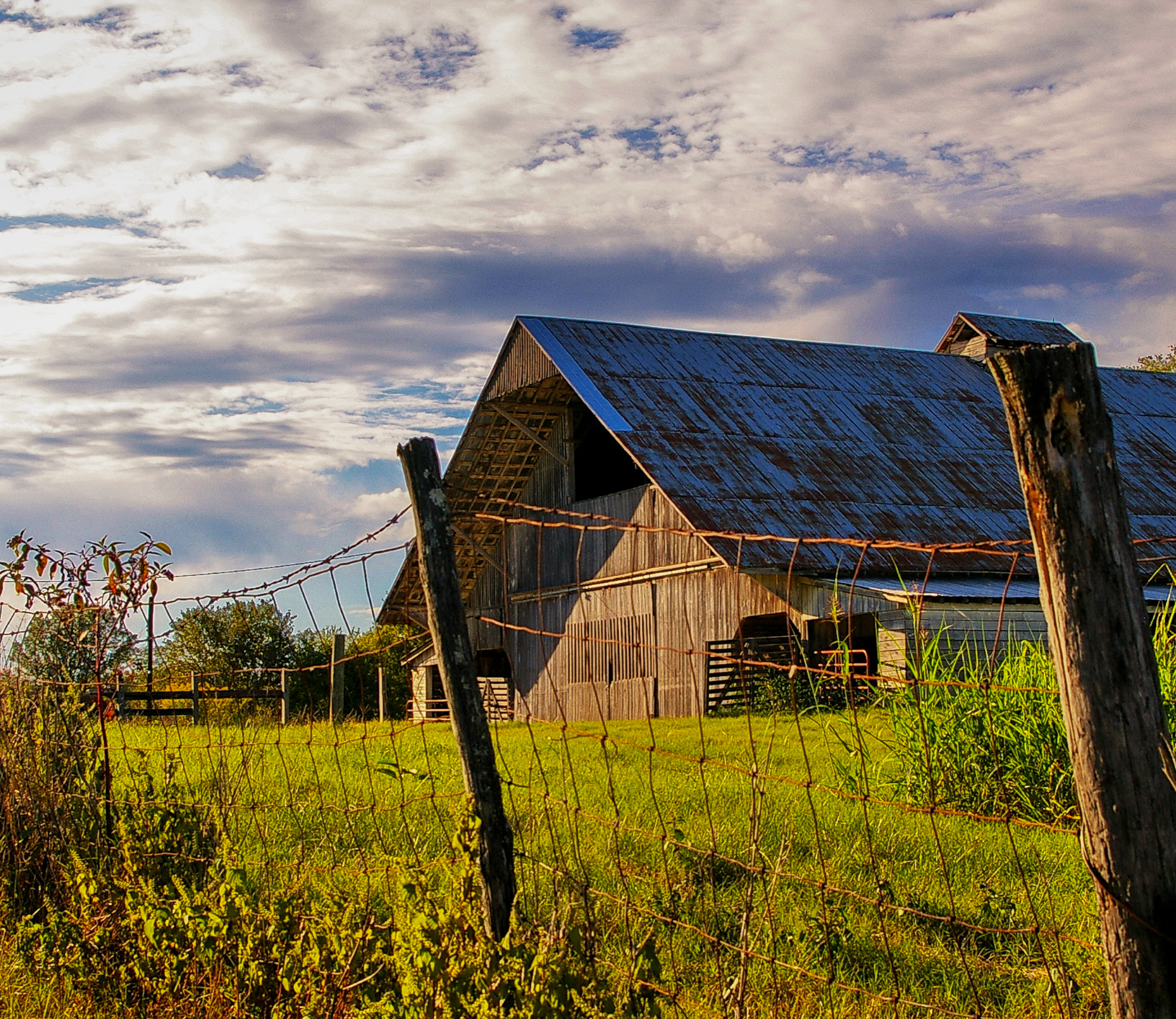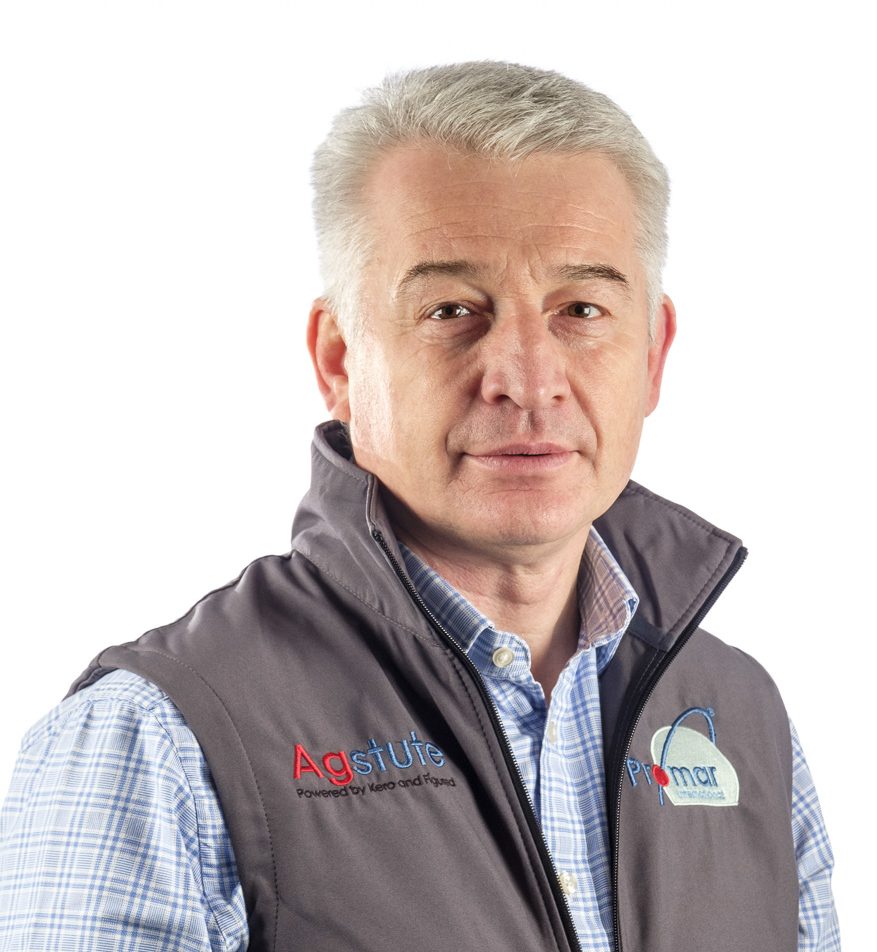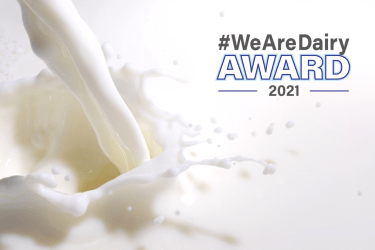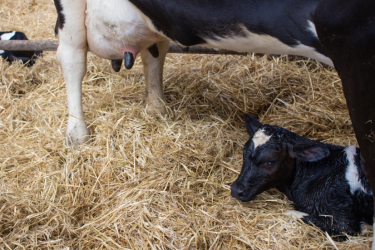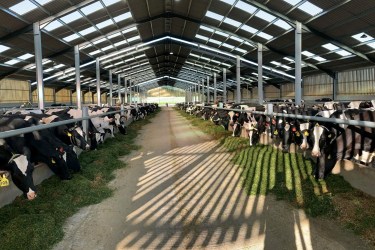By Nigel Davies
A focus on social responsibility is essential for anyone who wishes to run a sustainable farm business, with animal welfare at the forefront of the strategy. It is important from an ethical viewpoint and to realise a more efficient livestock sector.
In a recently published 57-page report, DEFRA’s Animal Welfare Committee has summarised its “Opinion on the Welfare of Cattle in Different Production Systems”. Offering guidance for welfare improvement, it addresses actions across the dairy and beef industries in the UK and evaluates the workings of key production practices. While only recommending now, it has the potential to influence DEFRA and great legislation change in the industry, including an update on minimal space allowances.
Let’s look at the Animal Welfare report
It makes for interesting and relevant reading, especially for those dairy producers who are contemplating either an investment in their dairy infrastructure, a change in their dairy system or are part of assurance schemes.
The report concludes that grazing and continuous indoor systems can have both welfare benefits and disadvantages. Managed well, grazing systems allow cattle to express normal behaviour and diverse pastures provide them with feed choice. While housed systems facilitate closer monitoring of feed and water intake, along with better biosecurity.
Conversely, poorer biosecurity outdoors increases the risk of disease and inclement weather can affect grazing behaviours and intake. Indoors, it may be more difficult to express normal behaviour and there is an increased risk of bullying in restricted environments.
So, for existing UK Dairy Farming Businesses, what are the Committee recommending? Here is a sample of 10 of their recommendations:
- The use of electronic ticklers or trainers in robotic milking parlours should be reviewed. Due to the fact that these devices may contravene regulations as it is not always guaranteed that an animal can move forward if a dominant cow is obstructing the exit, causing prolonged and unnecessary pain.
- Careful consideration should also be given to the use of electronic radio collars in large multi paddock grazing systems. These collars prevent cattle from roaming beyond a “virtual fence”, by emitting a noise or shock when the animal gets too close to the boundary. However, there is no legal requirement to record how frequently they are activated and there are concerns that malfunctioning collars may apply repeated shocks until the battery is exhausted.
- Welfare outcome assessments for beef animals (e.g. cleanliness, body condition, abrasions, lesions, lameness) should be adopted by all schemes, as it is in the dairy industry.
- All people with responsibility for livestock should undergo appropriate training in welfare considerations.
- It should be a requirement for all assured farms to maintain 5% more cubicles than the number of cows at any time.
- Calf hutches should be sited within shade in summer and in a sheltered, draught free area in winter.
- Farmers should be encouraged and supported to invest in adapting or building new accommodation which meets welfare requirements of modern cows, particularly with regards to space allowances and provision of non-slip surfaces.
- Fully slatted cattle housing should look to be phased out, along with individual bull pens.
- Greater recognition needs to be given to the transfer of animals between groups/management systems and its impact as a significant stressor.
- A recognition that better calf welfare requires several feeds spaced individually through a 24-hour period and the legal requirement for calves to be fed at least twice a day should be tightened by including a maximum time between feeds e.g. 16 hours.
How we can help
What opportunities are there on the farms you work with to gain greater insight and evolution for the benefit of the animal and sustainable profitability, not just on these 10 points, but across all the other aspects covered by the report as well?
A fresh pair of eyes might help that perspective, as well as bringing forth ideas as to how to address matters. We would be delighted to discuss how we might be able to help with that insight. Get in touch with our Farm Business Consultancy Team to learn more.
Have you implemented an innovative idea on farm to improve animal welfare?
Enter your story for your chance to win $10,000. The We Are Dairy award celebrates the outstanding actions our farmers take to enhance the welfare of their animals, the health of soils and water, and to improve efficiency on farm.
Visit www.wearedairy.com to find out more.
Why not read more about the report in our detailed summary?




